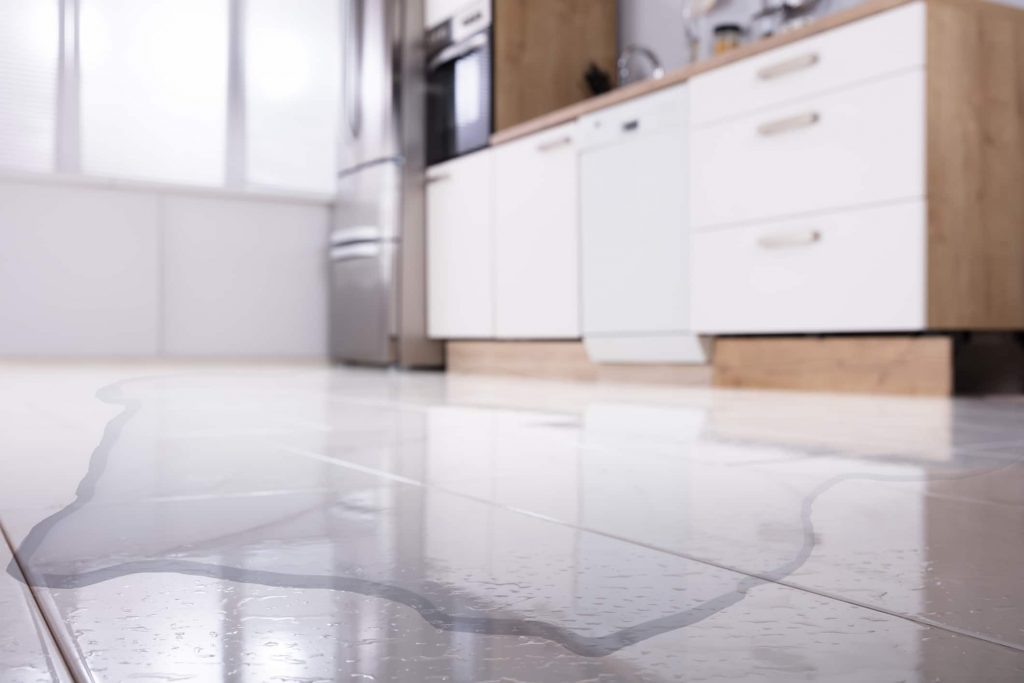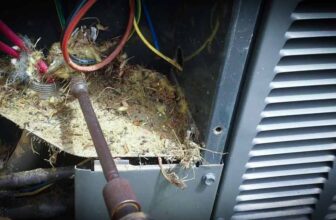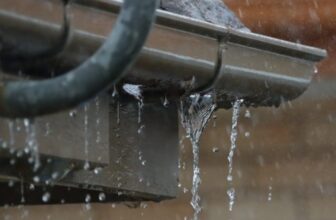
Appliances are made to last about a decade, usually long after their warranty expires. Dishwasher has become one of the vital machines that every household depends on and is one of the most used appliances. Therefore, malfunctions are common, and repairs are costly. That’s why many homeowners take good care of them, and if the failure to function properly happens they try to fix them up themselves. For this reason, we bring you some of the most common issues that can be repaired quickly and easily.
Table of Contents
1. Dishes are covered in residue
If you did everything suggested by the manual, namely scraped off food, and not overload the dishwasher, but your dishes still come out with water spots and residue, there might be several issues you should check. First, make sure that dishes are not obstructing washing hands to rotate properly. Then, check for any food that might be blocking the jets. According to “Norris Spares” regular cleaning of your washer helps prevent rinses jets from becoming clogged. If everything seems fine, then the problem might be the rinse cycle. Try using rinsing liquid or the problem might be the hard water. The only solution for this is using a water softener for all your household appliances.
2. Dishwasher leaking problems

img source: 24restore.com
When your dishwasher start leaking water all over the floor you might think that a major failure happened. Actually, it’s probably something simple like a door gasket. That’s a rubber thing along the edge of the door that acts as a sealant between the machine and the surroundings. If you see any cracks on it, you’ll need to replace it and you’re good to go. Another issue might be the float switch got stuck, so double-check that there isn’t any food or debris clogging it.
3. Bad odor
Dishwashers can sometimes have funky smells that are often caused by food that can get stuck in jets, or at the bottom of the machine. If there is a chemical odor coming from the dishwasher, it’s possible that one of the plastic containers fell on the heater and melted. To prevent this, make sure that the dishes are carefully rinsed off and securely stored before turning on the machine.
4. Draining issues

img source: ostromservices.com
When you open the door of the dishwasher the water came rushing onto the floor. This is a common problem and oftentimes you just need to start the same cycle again to solve it. If this doesn’t work, there might be a problem with the garbage disposal since both use the same drainage. If there is food stuck in the pipe beneath the disposal, it might be blocking the water to drain from the dishwasher. Unclogging the garbage disposal will likely solve draining issues with the dishwasher also.
5. Soap dispenser
It sometimes happens that the dishwasher finishes the cycle without even washing the dishes due to the stuck soap compartment. This often happens with pod and powder detergents when the dishwasher is not releasing enough water to melt the soap. The easy fix would be to use liquid soaps. If this doesn’t help check if any dishes are obstructing the compartment to open. Also, check the soapbox for any gunk, or build-up that might be preventing it to release the soap.
6. Dishwasher won’t start

img source: ctfassets.net
The first thought that comes to mind when this happens is that you need a new dishwasher. Before rushing to the store check out a few possible issues. Examine the power outlet to see if everything is plugged in properly, and double-check your electrical box if there is a blown fuse. Further, if the door latch doesn’t fit perfectly, the cycle won’t start since the machine sensor registers like the door is still open. Lastly, your motor might be stuck. You can try to move fans a bit to see if it spins correctly, but otherwise, it would be smart to call in a professional.
7. Layer of film
By your glasses, you can tell whether or not the dishwasher is working properly. If they come out crystal clear, everything is fine. However, sometimes there is a thin layer of the film all over glass items that feels like residue under your fingertips. This can only mean one thing – water is too hard, filled with minerals that build-up on surfaces. A water softener is the only appliance that can help. If you live in the area with hard water, this is necessary for all your household appliances, not only the dishwasher. In time, calcium and magnesium accumulate and can cause serious damage to the motors.
8. Loud noise

img source: partselect.com
This can be a sign of a major malfunction. Before calling the serviceman, check if there is maybe a bent washing arm that keeps striking the dishes. This can cause a horrible racket. Also, bearing rings that get loose over time can cause loud noises while the machine is operating. Check the inside of the machine overall for any crack or misplaced or loosened parts. If you can’t see anything wrong there might be a problem inside the motor. This is not something you can fix by yourself, or even diagnose the problem correctly. Calling a professional would be the next move.
9. Dishwasher not washing
Sometimes dishwasher sounds like everything fine until you open the door and see badly washed dishes just soaked in dirt and food. The problem might be a dirty filter that can clog up the machine. You would need to carefully take it out and wash it regularly with some soap and water. Ensure that you remove any food, fibers, or anything else that found its way in the dishwasher. Put it back firmly, making sure that it’s stuck safely in place since improper assemble can cause loud noise.
Many issues can be avoided with proper maintenance once in a while. Run a self-cleaning cycle using special detergent for dishwasher cleaning. When taking out the dishes take a glance at the washing arms, any loose parts, gunk and mineral build-up, and door gasket. Dishwashers are built to last a long time, so the main parts can endure hard work on a daily basis while minor issues can be prevented with proper care.







